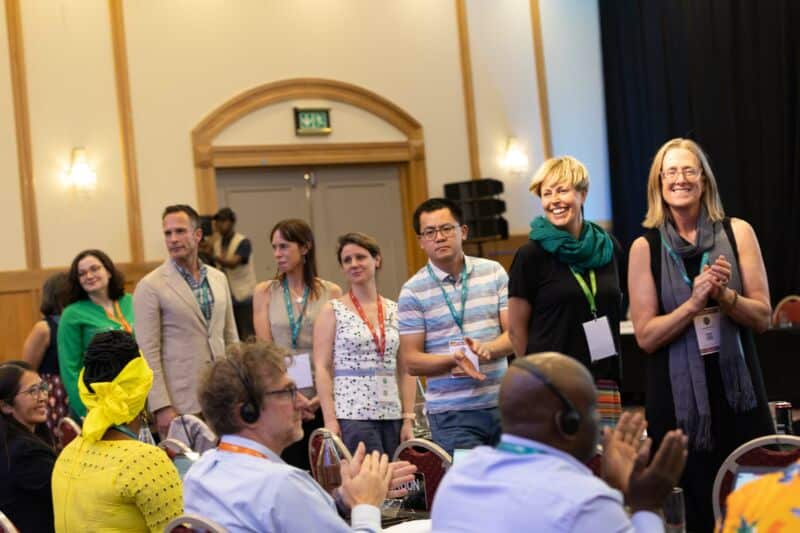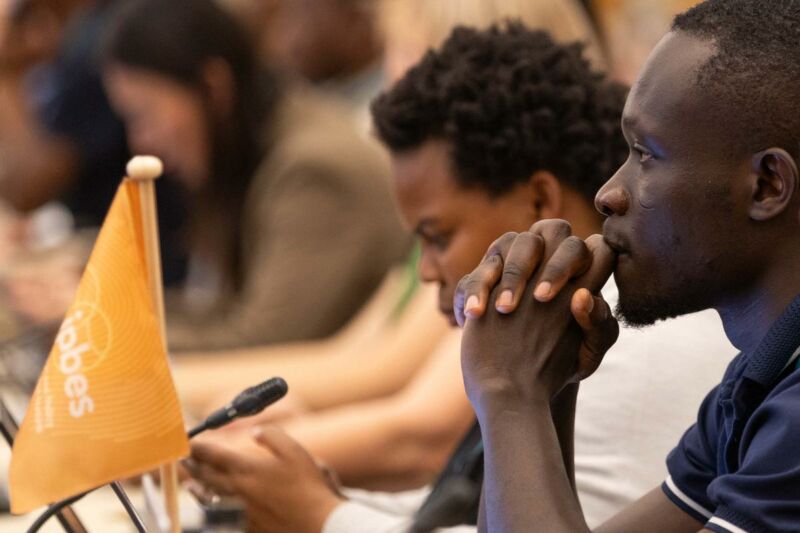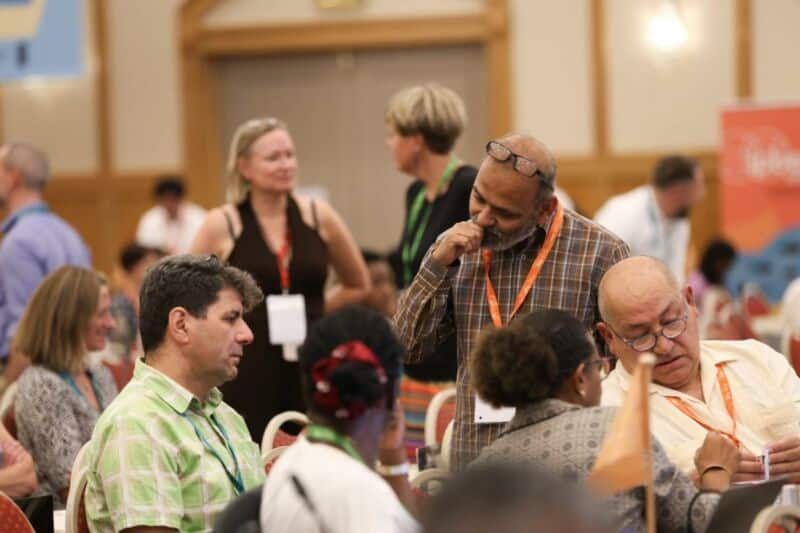“Necessary, urgent, and challenging, but possible” Scientific assessments of transformative changes
On 10th December, 2024 in Windhoek, Namibia the global science-policy platform IPBES launched its Transformative Change Assessment. For the assessment, more than 100 experts worked for three years, to draw on more than 7000 sources of evidence, to assess the current state of knowledge on what transformative change is, why it is needed, and how it is created. I was privileged to be one of these experts and serve as a Coordinating Lead Author to Chapter 1 of the assessment.
Synergies with project work
My time working on the assessment has coincided with time working on the PLANET4B project, where the CzechGlobe team has been looking at leverage points for transformations across the case studies of the project. I hope that my work in each has been beneficial to both the assessment and the project. I am certainly grateful that the PLANET4B team submitted comments as part of the 2 external review processes that the report went through – helping to strengthen and refine the report’s findings.

Delegates applaud the Coordinating Lead Authors as the Transformative Change Assessment text is adopted Source: enb.iisd.org
The final assessment, as reflected in the Summary for Policy Makers, has a number of findings that intersect with the work of PLANET4B; meaning that they should help the project’s ongoing work, but also that the project can help to embed, illustrate and further develop them. Following, I highlight three that I think are particularly important for PLANET4B, and the intersectional, transformative work happening across the cases of the project.
Highlighted findings
1. Transformative Change is necessary, urgent, and challenging, but possible. The report identifies underlying causes of biodiversity loss and nature’s decline that continue to drive these global change processes, despite ongoing conservation efforts. These underlying causes work to reinforce societal behaviours that drive biodiversity loss, and create barriers to making meaningful change. To address these challenges, the report defines transformative change as fundamental shifts across views, structures and practices that address the underlying causes of biodiversity loss.

Delegates listen to the interventions Source: https://enb.iisd.org/
2. There are five core strategies that can work to create transformative change for biodiversity, if carried out together. These include preserving biodiversity-rich places, through just and inclusive conservation approaches. But in addressing the underlying causes, the strategies go far beyond actions that focus directly on biodiversity to include also addressing sectors that directly harm biodiversity (e.g. extractive industries, agriculture); and reforming the economic system to value and invest more in nature, rather than putting subsidies towards activities that harm nature. A key strategy is in shifting dominant societal views towards recognising human-nature connectedness.

Source: https://enb.iisd.org/
3. Everyone can play a role in creating transformative change, including small-scale, local initiatives, as well as large-scale national and international policy shifts. Multiple changes at multiple scales and levels, with roles for all, come together to create a mosaic of transformative change. This means that implementing the strategies is not a step-by-step implementation of prescribed actions. Indeed, actions must be context specific, meaning that it is important to consider the process of transformative change. Therefore, whether big or small, actions must embody key principles to ensure they are are equitable and just, recognize pluralism and inclusiveness, foster respectful and reciprocal human nature relations and enable adaptive learning and action.

Delegates are welcomed to IPBES 11 with traditional Namibian dance and music Source: https://enb.iisd.org/
By setting the definition, scope and framework of transformative change, the assessment is closely related to the work of PLANET4B. Both the intensive and sector-based cases within PLANET4B embody elements of the identified strategies, in connecting people to nature, and reforming sectors. Furthermore, the framework outlined in the assessment can be useful to consider the transformative potential of the interventions and actions being explored within the project.
Watch the teaser video of the summit.
